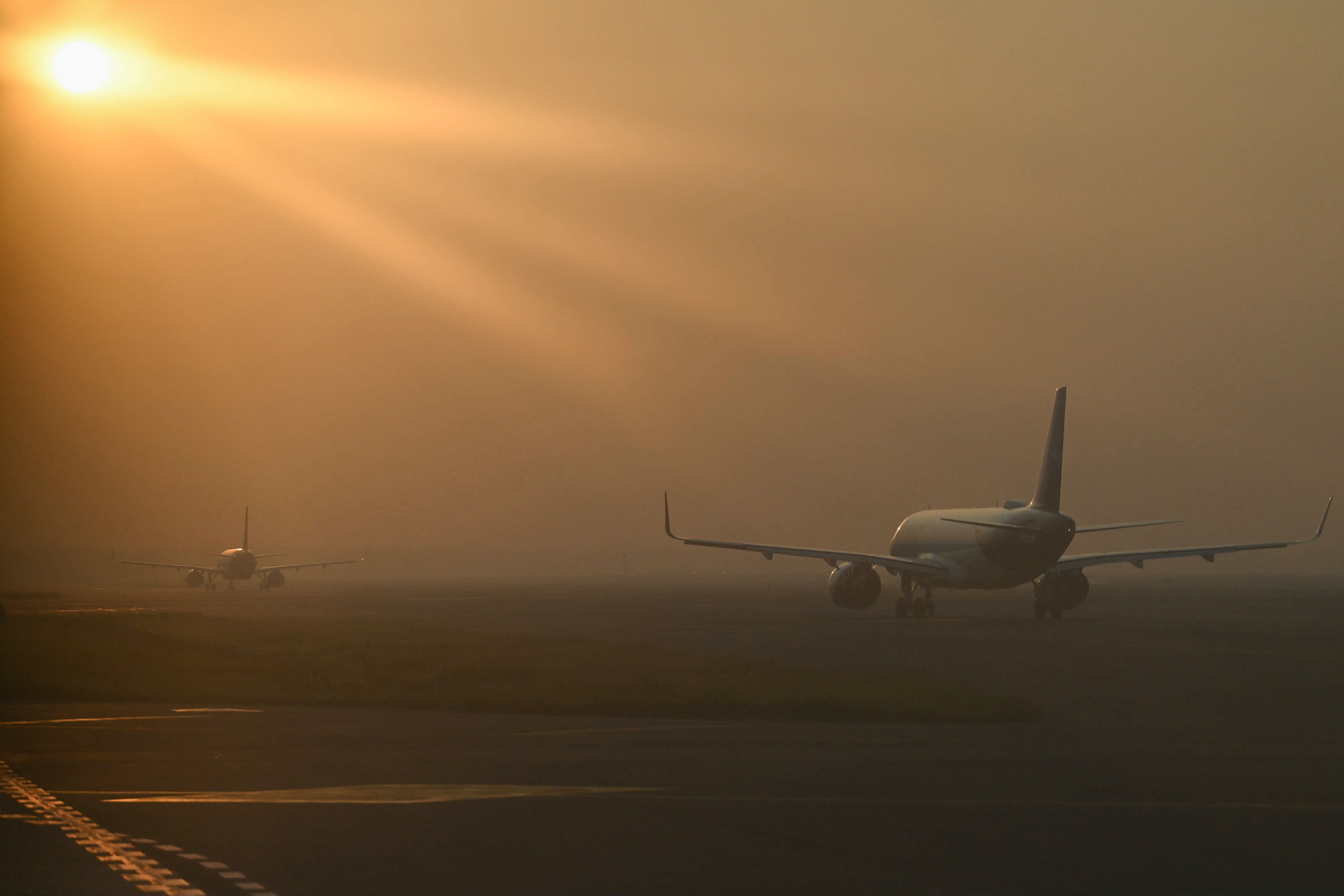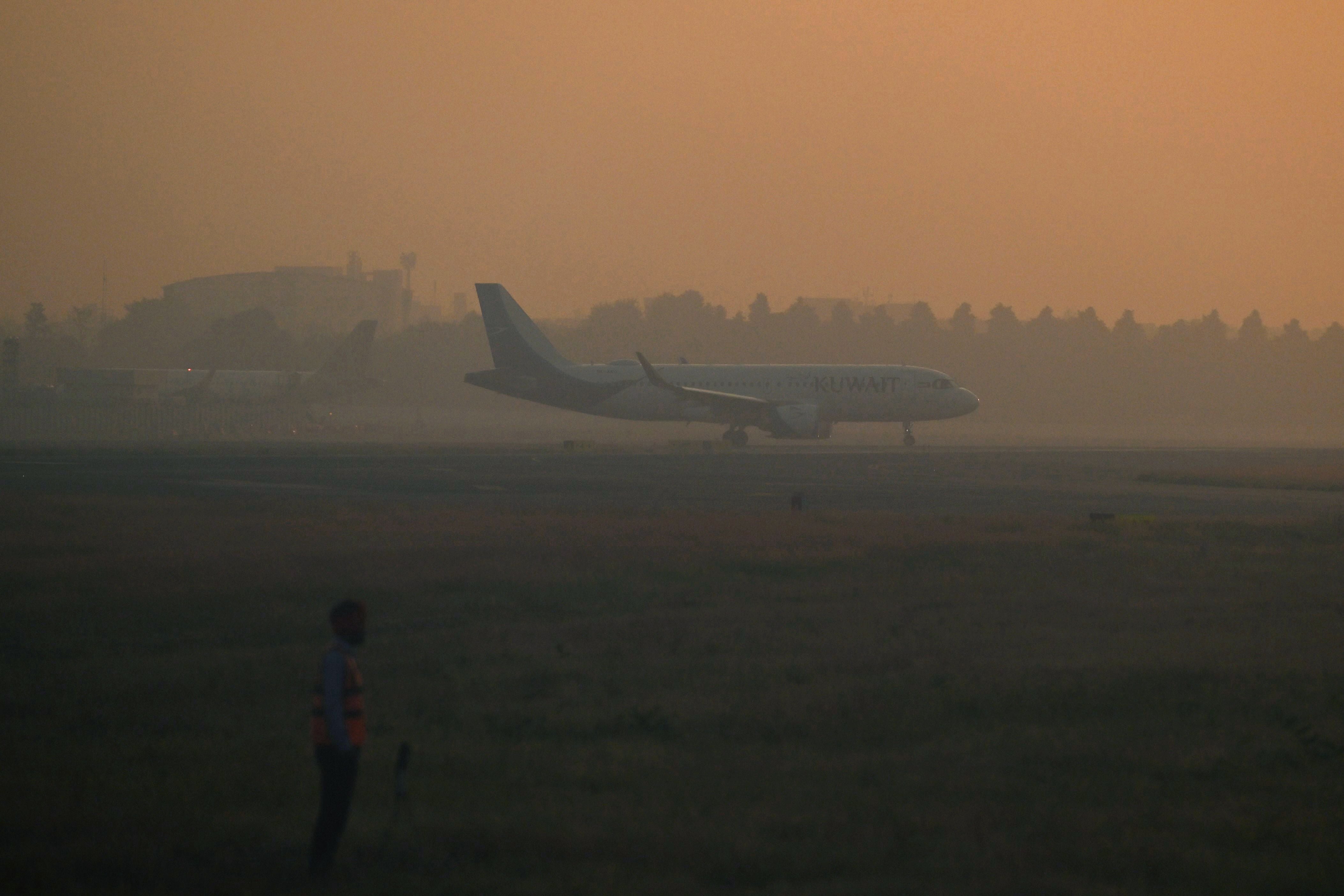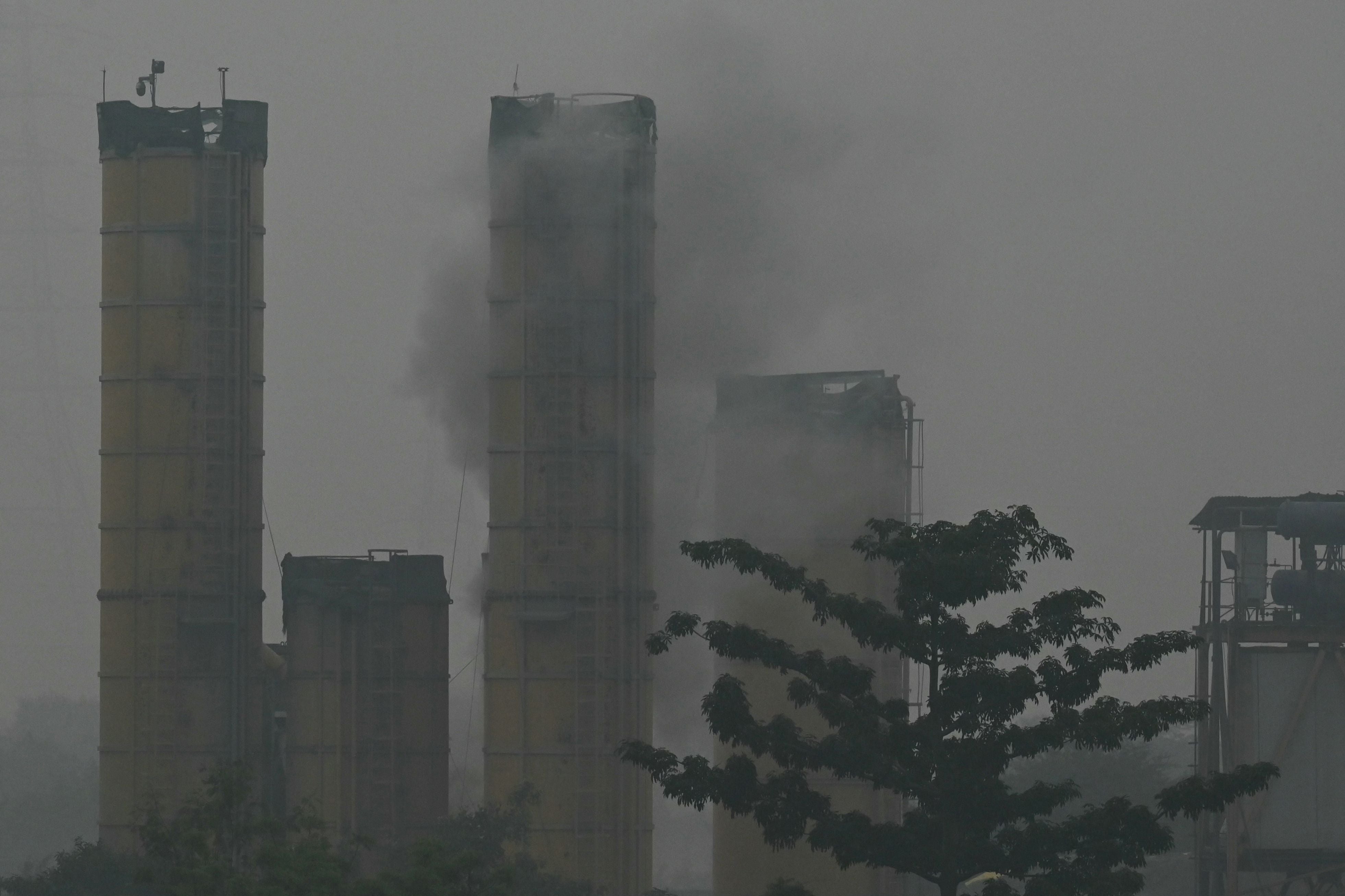Delhi brings kids indoors, shuts schools as air quality back in ‘severe’ zone
Swiss air quality group IQ Air showed New Delhi as the most polluted city in the world on Sunday for four days now

Your support helps us to tell the story
From reproductive rights to climate change to Big Tech, The Independent is on the ground when the story is developing. Whether it's investigating the financials of Elon Musk's pro-Trump PAC or producing our latest documentary, 'The A Word', which shines a light on the American women fighting for reproductive rights, we know how important it is to parse out the facts from the messaging.
At such a critical moment in US history, we need reporters on the ground. Your donation allows us to keep sending journalists to speak to both sides of the story.
The Independent is trusted by Americans across the entire political spectrum. And unlike many other quality news outlets, we choose not to lock Americans out of our reporting and analysis with paywalls. We believe quality journalism should be available to everyone, paid for by those who can afford it.
Your support makes all the difference.The air pollution level hit the “severe” category in New Delhi on Sunday, extending the air emergency into its sixth day, as a toxic smog blanketed the Indian capital and residents complained of headaches and itchy eyes.
Officials have ordered shutting down of schools in Delhi for some students and shifting to online classrooms, citing the air quality conditions.
Air Quality Index (AQI) reading in New Delhi plummeted to 460 at 7am on Sunday from 415 at 4pm recorded on Saturday, with concentration of PM2.5 – a fine particulate matter in the air – continuing to be 80 to 100 times more than the permissible healthy limit prescribed by the World Health Organization (WHO).
“As pollution levels continue to remain high, primary schools in Delhi will stay closed till 10th November. For Grade 6-12, schools are being given the option of shifting to online classes,” said Atishi, minister of education for Delhi government.
The city administration has introduced stop-gap emergency measures, banning all polluting trucks from entering Delhi, commercial four-wheelers including public buses, construction activities and the sale and use of firecrackers.
Swiss air quality group IQ Air showed New Delhi as the most polluted city in the world on Sunday for four days now. An AQI of 0-50 is considered good, while levels ranging from 400-500 impact healthy people and are dangerous to those with existing diseases.

The toxic air has already forced the Sri Lankan cricket team, currently in India for the ICC World Cup, to cancel their training session. The team was practising for a World Cup clash on Monday against Bangladesh in the heavily-polluted Indian capital.
Doctors have warned residents to wear masks and avoid morning walks and jogging.
“This is a trigger for all types of respiratory infections and flu. It can cause uncontrollable blood pressure and diabetic problems,” Rajneesh Kapoor, a lung specialist said.
New Delhi environment minister Gopal Rai warned people about the smog situation worsening with Diwali, the Hindu festival that features the lighting of firecrackers, coming up on 12 November.

The Indian capital tops the list almost every year among the many Indian cities with poor air quality, particularly in the winter when the burning of crop residues in neighbouring states coincides with cooler temperatures that trap deadly smoke.
Join our commenting forum
Join thought-provoking conversations, follow other Independent readers and see their replies
Comments